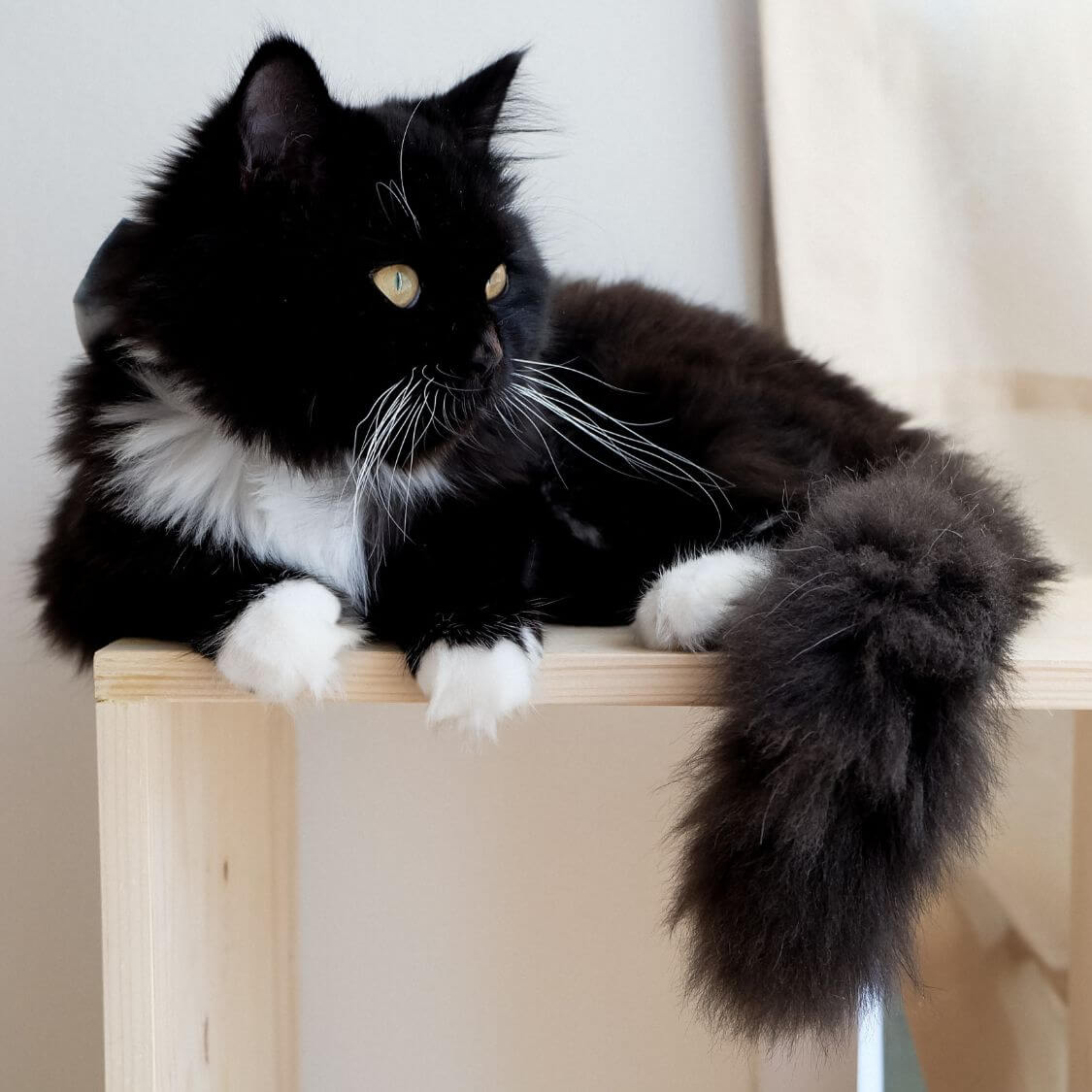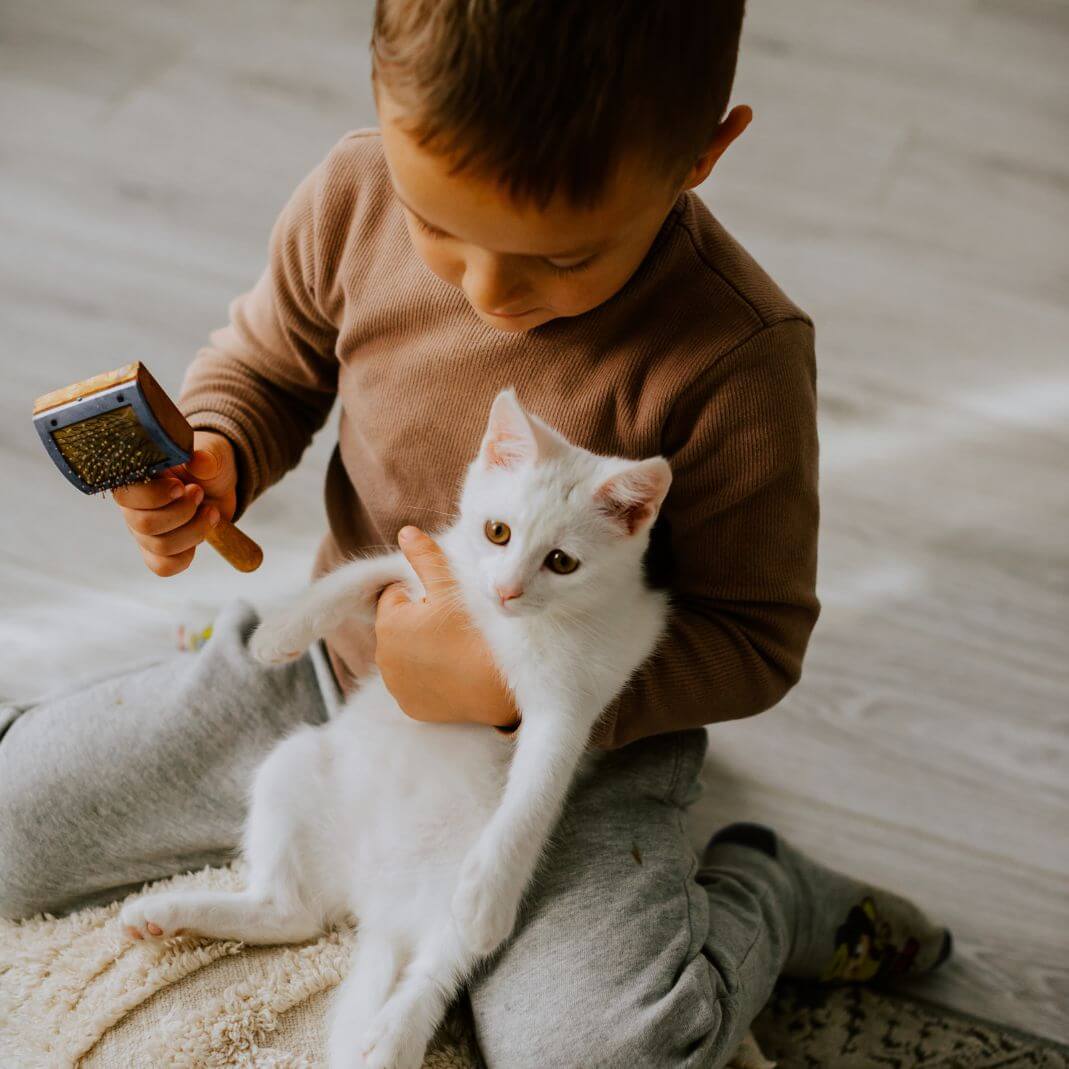Decoding the Cat's Nocturnal Behavior: Shedding Light on Their Mysterious Ways
As a devoted cat lover, I often find myself captivated by the mysterious and intriguing nature of our feline friends. One question that has always piqued my curiosity is whether cats are truly nocturnal creatures. Do they prowl under the moonlight, like stealthy shadows in the night, or is there more to their behavior than meets the eye?
In my quest to uncover the truth behind this feline enigma, I delved into the fascinating world of cat behavior and consulted expert opinions. What I discovered was a captivating blend of facts, myths, and unique insights that shed light on the true nature of our beloved four-legged companions.
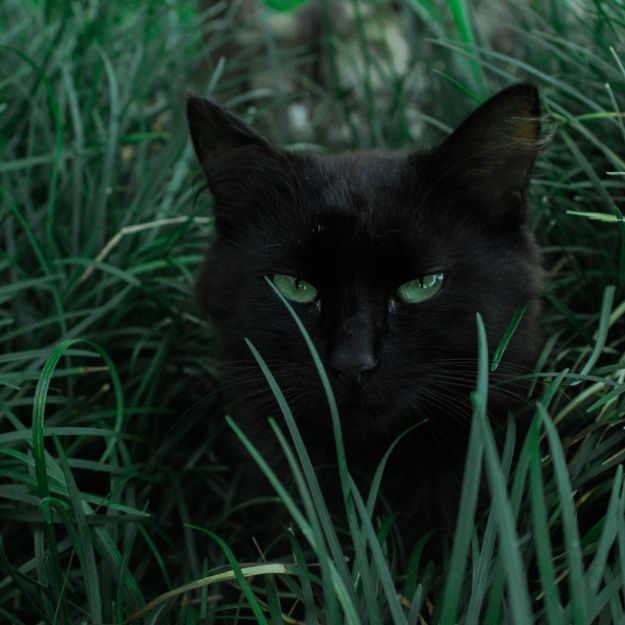
The Twilight Players: A Peek into Cats' Crepuscular Behavior
Contrary to popular belief, cats are not strictly nocturnal creatures. Experts explain that cats fall into a category known as crepuscular animals, meaning they are most active during the twilight hours of dawn and dusk. This is when their primal instincts awaken, and their hunting skills are at their peak. Picture your feline friend gracefully tiptoeing through the garden just as the sun begins its ascent or sets on the horizon, ready to embark on their daily adventures.
Beyond the Shadows: The Nocturnal-ish Tendencies of Cats
While cats may not fit the textbook definition of nocturnal, many cat owners can attest to their occasional bursts of nighttime activity. As the world quiets down and darkness envelops the surroundings, some cats may indulge in playful antics, zooming across the room or engaging in mischievous games with their toys. These nocturnal-ish tendencies add an air of intrigue and unpredictability to our feline companions, keeping us forever enchanted by their antics.
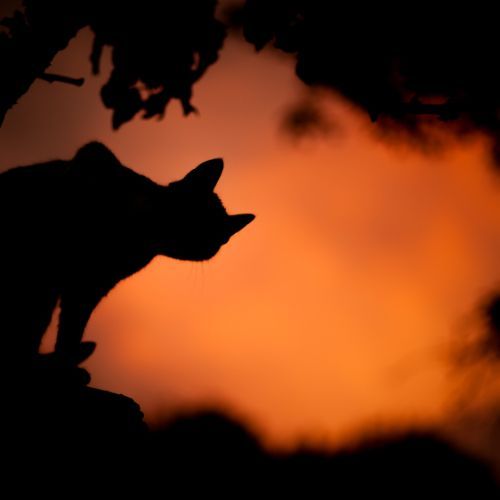
Embracing the Crepuscular Charms
While the debate between nocturnal and crepuscular may seem like a mere play on words, understanding a cat's behavior patterns is crucial for providing them with a stimulating and fulfilling environment. By embracing their crepuscular charms, we can accommodate their natural instincts and ensure they have opportunities for play, exploration, and mental stimulation during their peak activity hours.
So, whether you're basking in the gentle glow of a sunrise or marveling at the colors of a breathtaking sunset, take a moment to appreciate the enchanting world of crepuscular cats. Their twilight adventures and occasional nocturnal escapades are all part of the magical tapestry that weaves cat lovers and feline companions together.
The Mysteries of the Moonlight: Unveiling the Nocturnal Behaviors of Cats
Cats are fascinating creatures, and their nighttime behaviors are equally intriguing. When the sun sets and the world quiets down, cats often come alive with a burst of energy. Nocturnal by nature, they engage in a variety of activities during the dark hours.
💠Hunting Instincts: Cats are natural-born hunters, and the cover of night provides them with the perfect opportunity to exercise their predatory skills. They may stalk insects, small rodents, or even toys, pouncing and leaping with agility and precision.
💠Playful Antics: The nighttime also offers cats a chance to engage in playful behaviors. They may chase shadows, bat at objects, or initiate interactive play sessions with their human companions. Their high energy levels are on full display during these nocturnal escapades.
💠Exploration and Roaming: Cats are curious explorers, and the cover of darkness allows them to venture into the world beyond their home. They may roam the neighborhood, investigating new scents and territories, climbing trees, or simply enjoying the freedom of the night.
💠Social Interactions: Cats are known for their independent nature, but they can also exhibit social behaviors during the nighttime. They may seek out the company of other cats, engaging in feline bonding rituals such as grooming, rubbing against each other, or engaging in playful sparring matches.
💠Grooming and Self-care: Cats are meticulous groomers, and the nighttime provides them with uninterrupted moments to attend to their personal hygiene. They meticulously clean their fur, ensuring it remains smooth, shiny, and free of debris.
💠Relaxation and Observation: In between bouts of activity, cats also take the time to relax and observe their surroundings. They may perch on elevated surfaces, such as windowsills or furniture, quietly observing the world outside or keeping a watchful eye on the household.
💠Feeding and Snacking: While cats are not solely nocturnal eaters, they may exhibit feeding behaviors during the night. Cats have a tendency to graze on small, frequent meals, and they may visit their food bowls to snack or indulge in a midnight feast.
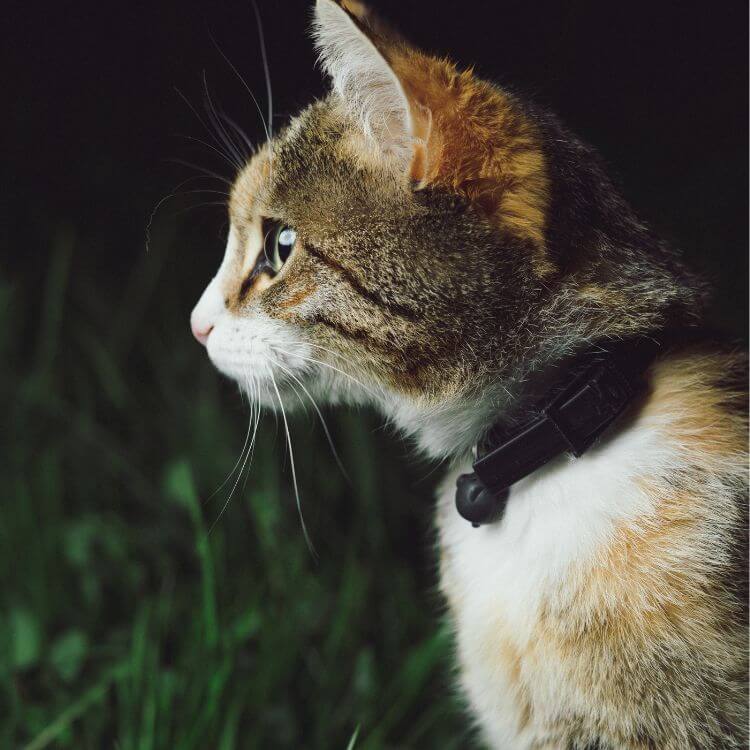
Unveiling the Cat's Sleep Secrets: Polyphasic Slumber
To understand the complexity of a cat's sleep patterns, we must acknowledge their polyphasic nature. Cats are known to engage in multiple short periods of sleep throughout the day. This unique sleep behavior allows them to conserve energy while remaining alert and responsive to their surroundings. It's no wonder we often find our furry friends seemingly dozing off in the most peculiar positions, ready to spring back into action at a moment's notice.
The Art of Cat Naps: Unveiling the Secrets Behind Feline Slumber
Cats have mastered the art of napping, seamlessly blending relaxation and rejuvenation into their daily routine. These brief and frequent periods of rest, often referred to as cat naps, are not only adorable but also serve important physiological and behavioral purposes. In this article, we will delve into the fascinating world of cat naps, exploring their duration, reasons, and how many hours cats typically sleep in a day.
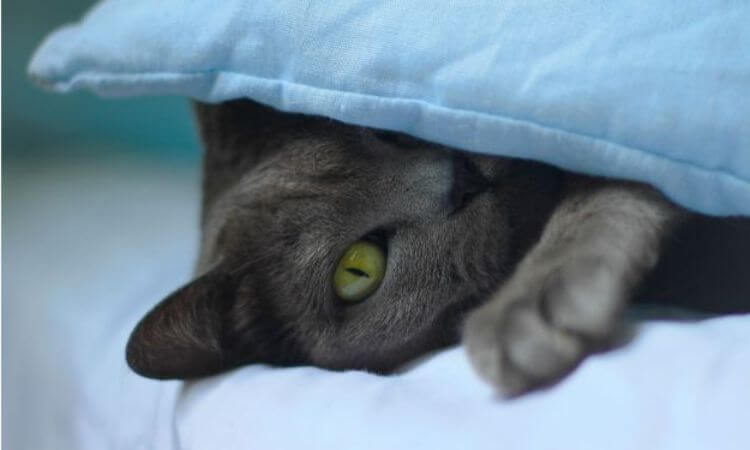
The Duration of Cat Naps: Brief Moments of Bliss
Cat naps are characterized by their short duration, lasting anywhere from 15 minutes to a couple of hours. Unlike humans who require longer periods of continuous sleep, cats are wired to thrive on brief bursts of rest throughout the day. These power naps allow cats to conserve energy while remaining alert and responsive to their surroundings, ready to spring into action at a moment's notice.
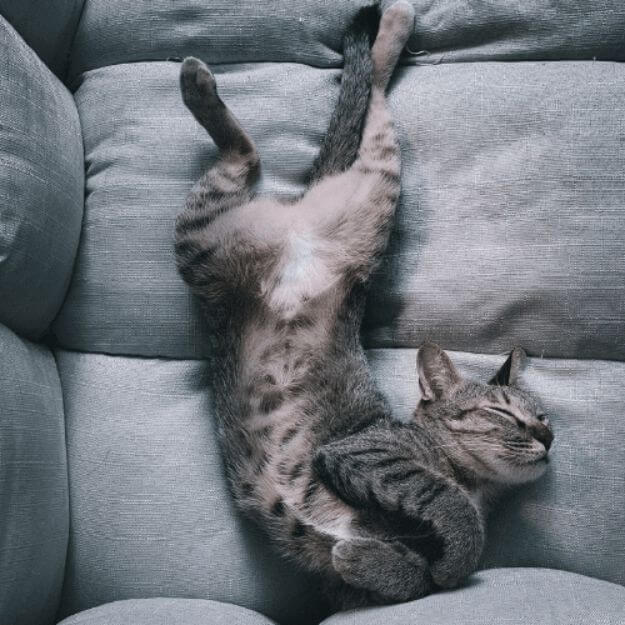
Unveiling the Reasons Behind Cat Naps: A Multifaceted Approach
Energy Conservation: Cats are natural predators, historically wired for short bursts of intense physical activity. Cat naps help them replenish their energy stores, ensuring they have the vigor and agility necessary for hunting and play.
Adaptation to Environment: Cats are crepuscular creatures, most active during dawn and dusk. Their napping habits align with their natural predatory instincts, allowing them to rest during the quieter periods of the day and be ready for action during their peak activity hours.
Thermoregulation: Cats are highly sensitive to temperature changes. They may choose to nap to escape extreme heat or seek warmth during colder periods. By conserving energy through napping, cats can regulate their body temperature more effectively.
Mental Stimulation: Cat naps also serve as a means of mental rejuvenation. Cats are highly observant animals, and these short intervals of rest provide them with an opportunity to process their surroundings, enhance their sensory perception, and maintain mental acuity.
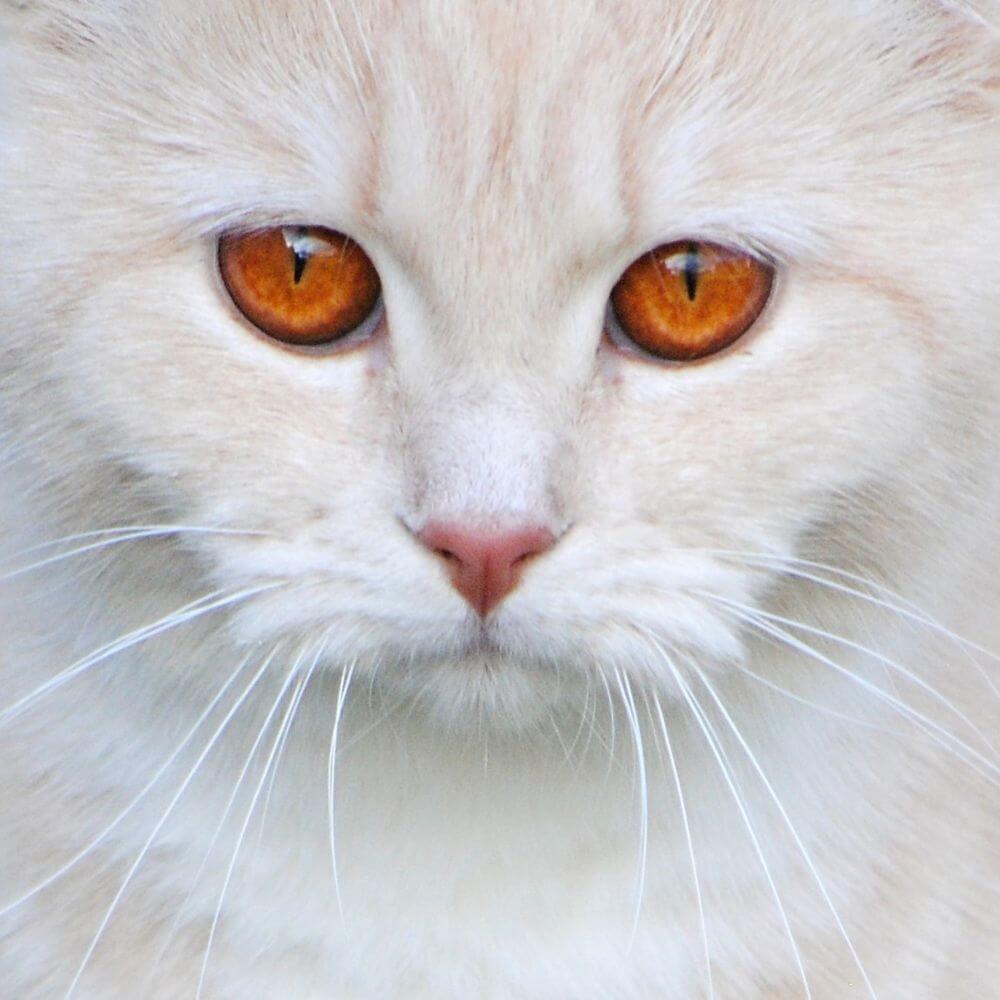
How Many Hours Do Cats Sleep in a Day?
On average, cats sleep for approximately 12 to 16 hours per day. However, individual cats may vary in their sleep patterns based on factors such as age, health, lifestyle, and environmental conditions. Kittens and senior cats tend to sleep more than adult cats due to their rapid growth or decreased activity levels, respectively.
It's important to note that cats' sleep is not continuous but rather a series of cat naps spaced throughout the day. They seamlessly transition between periods of rest and activity, adapting to their ever-changing surroundings.
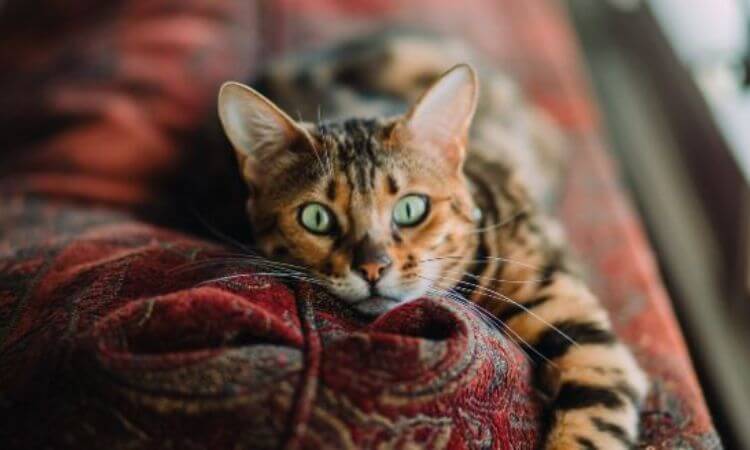
Creating the Perfect Cat Nap Environment
To ensure your feline companion enjoys restful catnaps, create a comfortable and secure environment. Provide cozy bedding, a quiet space away from disturbances, and ensure the room is at a comfortable temperature. Additionally, engaging your cat in regular play sessions and providing mental stimulation can help promote more restful sleep during their nap intervals.
In conclusion, cat naps are an essential part of a cat's daily routine, facilitating energy conservation, adaptation to their environment, thermoregulation, and mental stimulation. By understanding and respecting their unique sleep patterns, we can support our feline friends' overall well-being and honor their innate instincts.
Are Cats Nocturnal FAQs
Why are cats considered nocturnal creatures?
Cats are considered nocturnal creatures due to their evolutionary history as hunters. Their ancestors were solitary predators that relied on nighttime hunting to catch prey. This nocturnal behavior has been passed down through generations, making cats naturally more active during the night.
How do a cat's eyes contribute to their nocturnal behavior?
A cat's eyes are designed to excel in low light conditions. They have a larger pupil size that allows more light to enter the eye, and a layer of tissue called the tapetum lucidum that enhances their ability to reflect light within the retina. These adaptations give cats better vision in the dark, enabling them to navigate and hunt effectively during nighttime hours.
Do all cats exhibit nocturnal behaviors equally?
While cats are generally considered nocturnal, not all cats exhibit the same level of nighttime activity. Some cats may be more active during twilight hours, while others maintain a more balanced sleep-wake cycle throughout the day and night. Factors such as age, health, and individual personality can influence a cat's nocturnal behavior.
Can a cat's nocturnal behavior be changed or modified?
Although it is challenging to change a cat's natural inclination towards nocturnal behavior, some adjustments can be made to encourage more daytime activity. Providing engaging toys, interactive play sessions, and regular exercise during daylight hours can help redirect some of a cat's energy and promote a more balanced sleep-wake cycle.
Are there any benefits or drawbacks to having a nocturnal cat?
Having a nocturnal cat can have both benefits and drawbacks. The benefits include their alertness during the night, which can provide an extra layer of security for the household. Additionally, their nighttime activities can be entertaining and provide opportunities for bonding with their human companions. However, the drawbacks can include disrupted sleep patterns for the cat's owners and potential annoyance if the cat becomes too active during sleeping hours.
Unveiling the Truth about Cats: Nocturnal or Crepuscular?
Cats have long been associated with nocturnal behavior, but are they truly nocturnal creatures? After delving into various sources, it becomes clear that cats are actually crepuscular animals. Rather than being exclusively active during the night, cats exhibit peak activity during dawn and dusk. While they may engage in some nighttime antics, cats also enjoy ample sleep and napping throughout both day and night. This unique sleep-wake cycle, combined with their ability to adapt to their surroundings, allows them to maintain a balance between rest and exploration. Whether they're prowling under the moonlight or dozing off in a cozy spot, cats continue to captivate us with their enigmatic nature.
Thanks for Reading-
J
Related Cat Reads:
